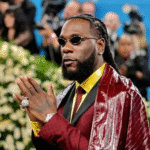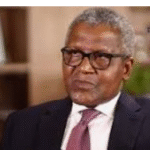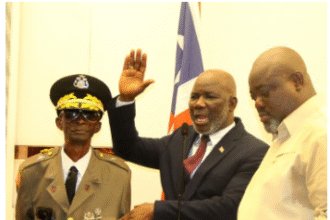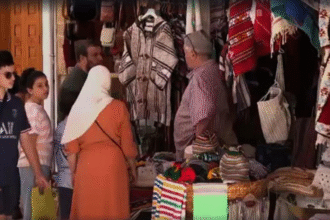By Mohamed Ghani
Rabat, Morocco – In a significant diplomatic shift, South African opposition party uMkhonto we Sizwe (MK), led by former President Jacob Zuma, has publicly endorsed Morocco’s autonomy plan for the Sahara. This move marks a stark divergence from the long-held stance of South Africa’s ruling party, the African National Congress (ANC).
Speaking in Rabat on Wednesday following talks with Moroccan Foreign Minister Nasser Bourita, Zuma reaffirmed his party’s support for Morocco’s sovereignty and called on the international community to back what he described as a “realistic and pragmatic solution” to the decades-long conflict.
Zuma stated that the uMkhonto we Sizwe party regularly discusses critical issues affecting the African continent, emphasizing a belief that African nations must collectively work toward unity and self-determination.
Historic Ties and a Call for Stability
Reading a statement on behalf of Zuma, the party’s Head of International Relations, Magasama Mzobe, highlighted the purported long-standing ties between Morocco and South Africa, dating back to the anti-apartheid struggle. Mzobe recalled that the late Nelson Mandela received training and support from Morocco in the city of Oujda, which he described as instrumental in the South African liberation movement.
Addressing the Sahara issue, Mzobe stressed the party’s commitment to peaceful resolutions of regional conflicts and emphasized the need for exemplary relations between African nations. “In light of global geopolitical shifts,” he said, “our party supports the territorial integrity and sovereignty of African states.”
Backing Morocco’s Autonomy Plan
The uMkhonto we Sizwe party views Morocco’s autonomy initiative as the “only viable solution” that ensures both local governance and national unity for the Sahara. Mzobe urged the international community to rally behind the Moroccan plan as a pathway to regional peace and stability.
This endorsement directly challenges the pro-separatist stance of South Africa’s ruling African National Congress (ANC), led by President Cyril Ramaphosa, which has historically supported the Polisario Front’s claim to secession in the Sahara. Zuma’s party explicitly accused the ANC of “compromising South Africa’s interests in favor of outdated ideological commitments.”
Growing Rift in South African Politics
Analysts suggest that this endorsement by Zuma’s party reflects a growing divide within South Africa’s political establishment over foreign policy, particularly concerning the Sahara conflict. The statement aligns with previous comments by Obed Bapela, a former senior member of the ANC, and is seen as adding momentum to Morocco’s diplomatic outreach within the broader South African political sphere.
Observers anticipate this development could signal the beginning of a broader political realignment in Pretoria’s approach to North African geopolitics, with Morocco’s position on its southern territories seemingly gaining traction across the continent.









